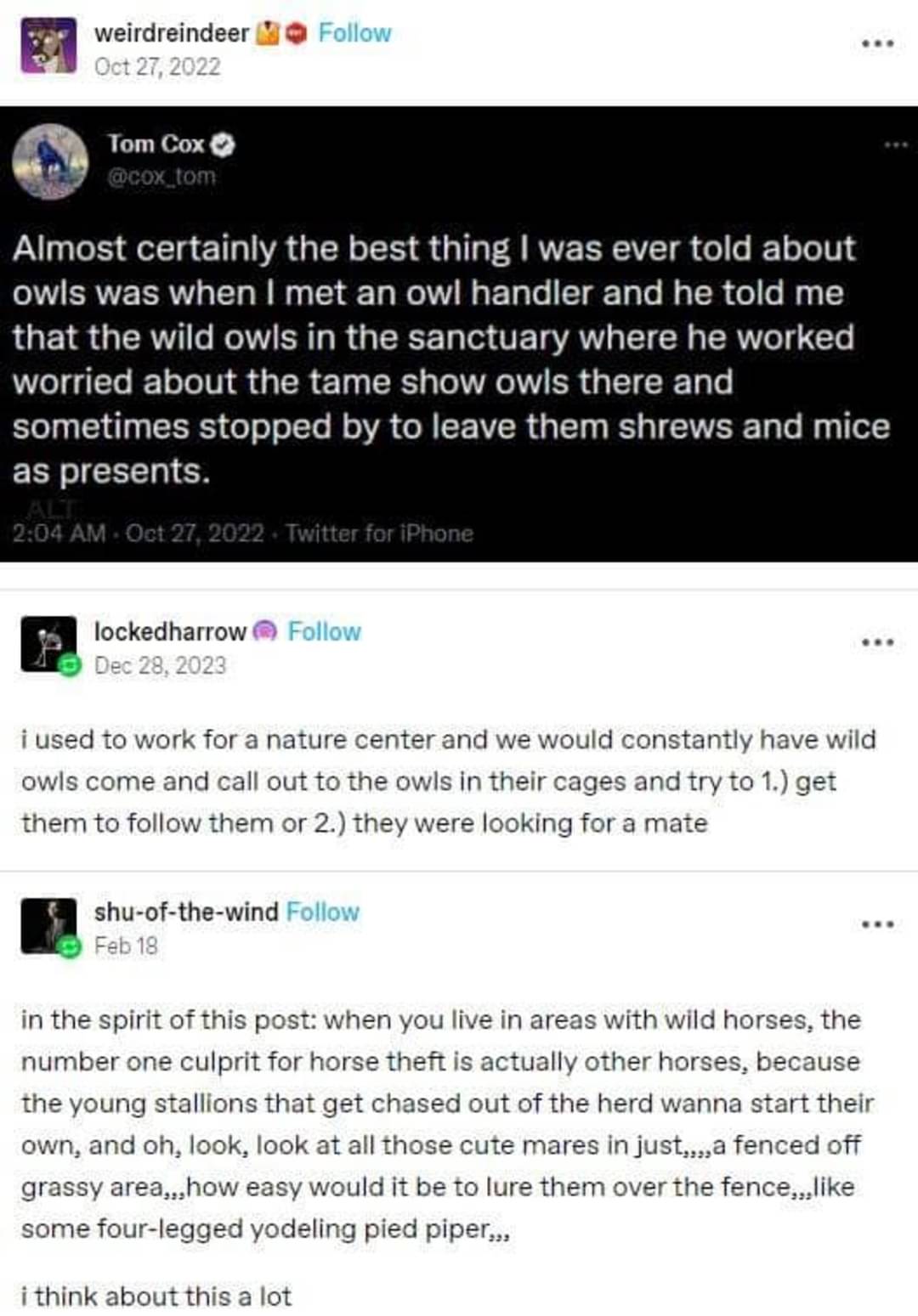this post was submitted on 13 Aug 2024
637 points (99.2% liked)
Science Memes
10264 readers
2884 users here now
Welcome to c/science_memes @ Mander.xyz!
A place for majestic STEMLORD peacocking, as well as memes about the realities of working in a lab.

Rules
- Don't throw mud. Behave like an intellectual and remember the human.
- Keep it rooted (on topic).
- No spam.
- Infographics welcome, get schooled.
Research Committee
Other Mander Communities
Science and Research
Biology and Life Sciences
- [email protected]
- [email protected]
- [email protected]
- [email protected]
- [email protected]
- [email protected]
- [email protected]
- [email protected]
- [email protected]
- [email protected]
- [email protected]
- [email protected]
- [email protected]
- [email protected]
- [email protected]
- [email protected]
- [email protected]
- [email protected]
- [email protected]
- [email protected]
- [email protected]
- [email protected]
- [email protected]
- [email protected]
- !reptiles and [email protected]
Physical Sciences
- [email protected]
- [email protected]
- [email protected]
- [email protected]
- [email protected]
- [email protected]
- [email protected]
- [email protected]
- [email protected]
Humanities and Social Sciences
Practical and Applied Sciences
- !exercise-and [email protected]
- [email protected]
- !self [email protected]
- [email protected]
- [email protected]
- [email protected]
Memes
Miscellaneous
founded 2 years ago
MODERATORS
you are viewing a single comment's thread
view the rest of the comments
view the rest of the comments

Yeah well I guess it depends on whether you call bytes on a computer a language.
What if those bytes represent characters that compose language that carries meaning? Because precisely that happens in DNA. An individual fraction of DNA might not carry much meaning, but in its sequence (ATGCCAT...) it encodes blueprints, and therefore meaning.
I think it rather depends on how you define language. For example, Wikipedia says the following:
What kind system of complex communication do we have in DNA/RNA? It sure is a mode of storing and transferring information. But does this make it a language? And if yes, who is speaking the language of DNA/RNA? Can cells talk then? Because I would argue that this (hypothetical) language of DNA is then always "spoken" by individual cells and isn't transferrable to a multicellular entity? (I mean, sure all your cells are "speaking" DNA in this way, but you yourself aren't.) But back to the question of the "complex systems of communication". I would argue that while DNA is a mode of transferring information, it isn't a language in itself. Because you don't have a back-and-forth. It is a pretty simple progression of reusing information again and again. But it isn't a mode of communication and especially not complex communication.
DNA is a long molecule that is made of many individual smaller molecules (called nucleotids) that come in four variants (called A, T, G, C). So a DNA molecule is a sequence that can be represented as ATGCTGCCTA...
This is a sequence of characters in this representation, but it's also a sequence of something resembling characters in reality. The cell has a component called "ribosome" that can take this sequence of characters as input and uses it kinda like a blueprint, and produces a protein (enzyme) depending on the blueprint. That enzyme can have many varying functions. So yes, this is a complex system.
The flow of information goes mostly in one direction: that is, from the cell nucleus's DNA to mRNA (intermediary step) and then to the ribosomes, where proteins are produced. Still, many parts of this process resemble script and communication (the transport of information), which I call "language".
I do understand how DNA works, I'm actually a biologist. And I don't doubt that it is complex. What I doubt is that it is a complex system of communication. But sure, I see your point that is some form of complex transferral of information and that yes, if I stretch my understanding of language a bit, it probably is one as well. Maybe the next question would be: what is this useful for? What can we learn from that? Like I said (not sure if in this or in another comment), maybe we then need to have various categories for language?
E: and we could explore the new fringe cases a bit more, too. If DNA/RNA is a form of language, then even non-living entities can have language like in form of viruses. If abiotic things get complex enough, would we also call it language at some point? Like chemical reactions?